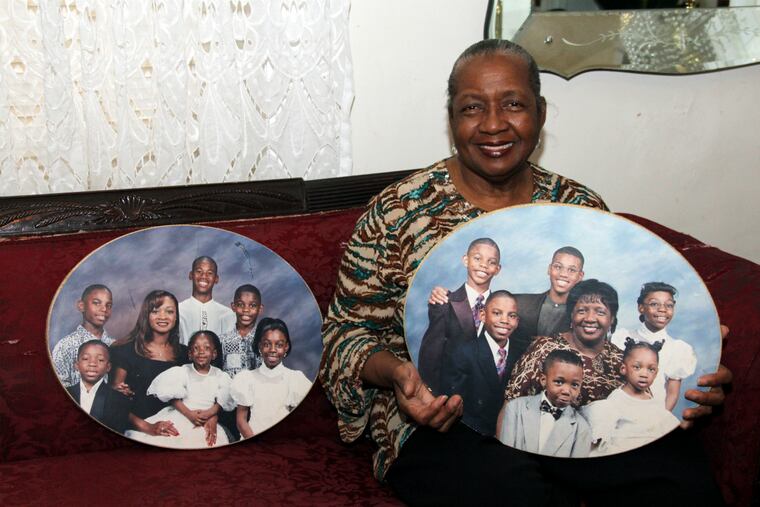Philly archbishop: SCOTUS should uphold Catholic Church’s First Amendment rights | Opinion
Archbishop Nelson Pérez: We are being told that the Catholic Church must leave its faith at the door if it wants to serve those in need.

I consider Philadelphia my foster home. Like so many American families, the story of mine is one of migration. My parents fled Cuba during the communist revolution and made their way to Miami, where I was born. We later wound up in a city ironically called West New York, N.J.
In Philadelphia, though, I found my spiritual home, first as a seminarian, then as a parish priest for over 20 years. After being blessed with the opportunity to serve as a bishop on Long Island and in Ohio, my adoptive hometown welcomed me back as shepherd of its diverse population.
When my family arrived in this country, the Catholic Church not only helped them to get on their feet but also to thrive. I witnessed firsthand how religious institutions play an essential and unique role in building up people and communities in ways that lead to a flourishing and harmonious society.
» READ MORE: When foster care agencies discriminate against potential parents, the kids suffer most | Opinion
The church in Philadelphia has been hard at work to alleviate the strain brought forth by COVID-19 and civil unrest through charitable programs that deliver meals to the unemployed, legal assistance for migrants and refugees, and substantive modes to address the racial wounds currently dividing our communities.
The Catholic Church in Philadelphia is steadfast in its commitment to serve the temporal and spiritual needs of all. The foster-care program of Catholic Social Services has been at the forefront of that mission since the very beginning.
However, not long before I arrived back in Philadelphia as archbishop, the city abruptly decided that no more children could be welcomed into foster homes arranged and supported by Catholic Social Services. The lawsuit that ensued now sits before the nation’s highest court while the homes of our foster families remain painfully empty. Our centuries-old enterprise on behalf of this city’s most vulnerable children is in jeopardy.
The case is named Fulton v. City of Philadelphia, after Sharonell Fulton, a longtime foster mom with Catholic Social Services who joined the agency in the lawsuit. The issue in the case is whether the city violated their religious freedom rights when it decided that Catholic Social Services could no longer place foster children in loving homes unless it also provided written certifications for same-sex couples, contrary to its religious beliefs about marriage. The city argues that the Catholic Church lost its First Amendment rights by providing foster-care services in partnership with the city to ensure that needy children found loving homes and these heroic foster parents found the support they need.
» READ MORE: My faith led me to foster more than 40 kids; Philly is wrong to cut ties with Catholic foster agencies. | Opinion
We do much more than temporarily fill a gap in the lives of vulnerable children in need of a loving home. We work to empower individuals seeking to restore their communities by making a difference in the lives of young people. Each of our families is an agent for peace and healing, not just in the lives of the children they so generously bring into their homes, but in the neighborhoods they help to build up one person at a time.
Essentially, we are being told that the Catholic Church must leave its faith at the door if it wants to serve those in need. But our faith compels us to do this work, and we have a right to conduct ourselves according to the tenets of our faith. My hope is that the Supreme Court will rule in favor of upholding the Catholic Church’s First Amendment rights.
Nelson J. Pérez is the archbishop of Philadelphia.